
This Syrup Will Stop a Cough Dead in its Tracks – Ginger Thyme Cough Syrup
Finding the right cough syrup—whether for yourself or your children—can feel overwhelming. With so many options on store shelves, it’s hard to know what actually works and what may cause more harm than good. But taking the time to choose wisely is crucial, especially since coughs often accompany colds, flu, allergies, or seasonal infections. (Updated Feb 7, 2024)
Many over-the-counter cough syrups rely on synthetic ingredients that may cause unpleasant side effects, such as strong drowsiness or jitteriness. On top of that, most commercial brands contain artificial dyes, preservatives like polysorbate 80 and propylparaben, and large amounts of sugar, sucrose, or high-fructose corn syrup. Hardly what the best cough syrup should contain!
A common ingredient in many cough suppressants is dextromethorphan, a compound known to interfere with neurotransmission. It can also interact negatively with other medications, especially antidepressants and blood pressure drugs. (1, 2) Instead of supporting the body’s healing process, it simply blocks cough signals in the brain, artificially suppressing a protective natural reflex.
Prescription cough syrups sometimes go a step further and include codeine, which may be addictive even in small or short-term doses. (3)
Fortunately, nature offers powerful alternatives that genuinely soothe the respiratory system, calm irritation, and support immune function—without chemical overload or brain-altering effects.
Below is one of the most effective natural cough syrup recipes for adults and children, followed by a deeper look at its key ingredients.
🌿 The Best Natural Cough Syrup: Key Healing Ingredients
🍯 Honey
Honey has been used throughout history to soothe sore throats, ease coughing, and support healing. Beyond its sweetness, honey is:
-
Anti-bacterial
-
Anti-viral
-
Anti-inflammatory
-
Rich in antioxidants
Its thick, soothing texture coats the throat, reducing irritation and calming spasms. Honey also helps loosen mucus and has been shown in several studies to be as effective—or even more effective—than commercial cough syrups in children. It can be taken by the spoonful, added to warm teas, or used in homemade herbal syrups.
(Note: Honey should not be given to children under 1 year old.)
🫚 Ginger
Ginger is a powerhouse medicinal root known for its warming, stimulating qualities. It contains phytochemicals with strong:
-
Anti-inflammatory properties
-
Anti-bacterial effects
-
Anti-viral activity
Ginger encourages circulation, supports the immune response, and helps the body fight the underlying cause of coughing—whether viral, allergic, or environmental. It’s also known to calm nausea and relax airway muscles.
🌿 Thyme
Though tiny, thyme leaves carry incredible medicinal strength. Thyme contains two major compounds:
-
Carvacrol – found also in oregano
-
Thymol – a potent antimicrobial and antioxidant
Studies show that carvacrol can kill harmful bacteria like salmonella, Listeria, and Campylobacter (4, 5, 6). It even influences dopamine and serotonin production, promoting calmness (7). Thymol has proven anti-inflammatory and liver-protective benefits (8), as well as the ability to kill staph bacteria.
Thyme’s complex chemistry makes it highly effective for respiratory issues. It acts as:
-
An antispasmodic (reducing coughing fits)
-
A mucus-reliever
-
A nerve calmer (reduces airway irritation)
In clinical research on bronchitis, thyme reduced coughing spells rapidly with no notable side effects. (9)
Beyond coughs, thyme can help with laryngitis, digestive upset, and bacterial infections. Thyme essential oil is even effective as a natural surface disinfectant—rivaling bleach. (10, 11)
🍵 Homemade Ginger–Thyme Cough Syrup
This simple recipe combines the healing benefits of ginger, thyme, and honey into a soothing, effective syrup.
Ingredients
-
2 handfuls fresh organic thyme
-
1 knuckle of ginger, scraped and minced
-
1 ½ cups filtered water
-
¾ cup raw, unpasteurized local honey
Instructions
-
Add the thyme and ginger to a pot and pour in the water.
-
Bring the mixture to a boil, then lower the heat and simmer for 5–10 minutes.
-
Remove from heat.
-
Cover the pot and let it steep for 30–60 minutes.
-
Strain the liquid.
-
Stir in the honey until fully blended.
-
If the syrup is too thick, add a bit of water to thin it.
-
Let cool, then store in the refrigerator in a glass jar.
Recommended Use
-
Adults: 3–5 tablespoons per day
-
Children: 3–5 teaspoons per day
⚠️ Important Notes
-
Do not give honey to children under 1 year old.
-
Thyme contains salicylates (similar to aspirin), which thin the blood. Avoid consuming large amounts of thyme if you take blood-thinning medications. (12)
-
If you are pregnant, consult your healthcare provider before consuming medicinal quantities of thyme.
-
Always consult a medical professional if symptoms persist or worsen.
🌟 Why This Natural Cough Syrup Is So Effective
This homemade syrup:
-
Supports the immune system
-
Calms coughs naturally
-
Reduces inflammation
-
Helps loosen mucus
-
Contains no artificial chemicals
-
Is safe for children and adults
-
Tastes delicious and comforting
It can be made in batches and stored for the duration of an illness. If you grow thyme at home, you’ll always have a fresh supply for cooking and herbal remedies.
When a cough strikes—it's thyme to turn to nature.
News in the same category


Take just 1 a day for strong bones, pain-free joints & osteoporosis protection!
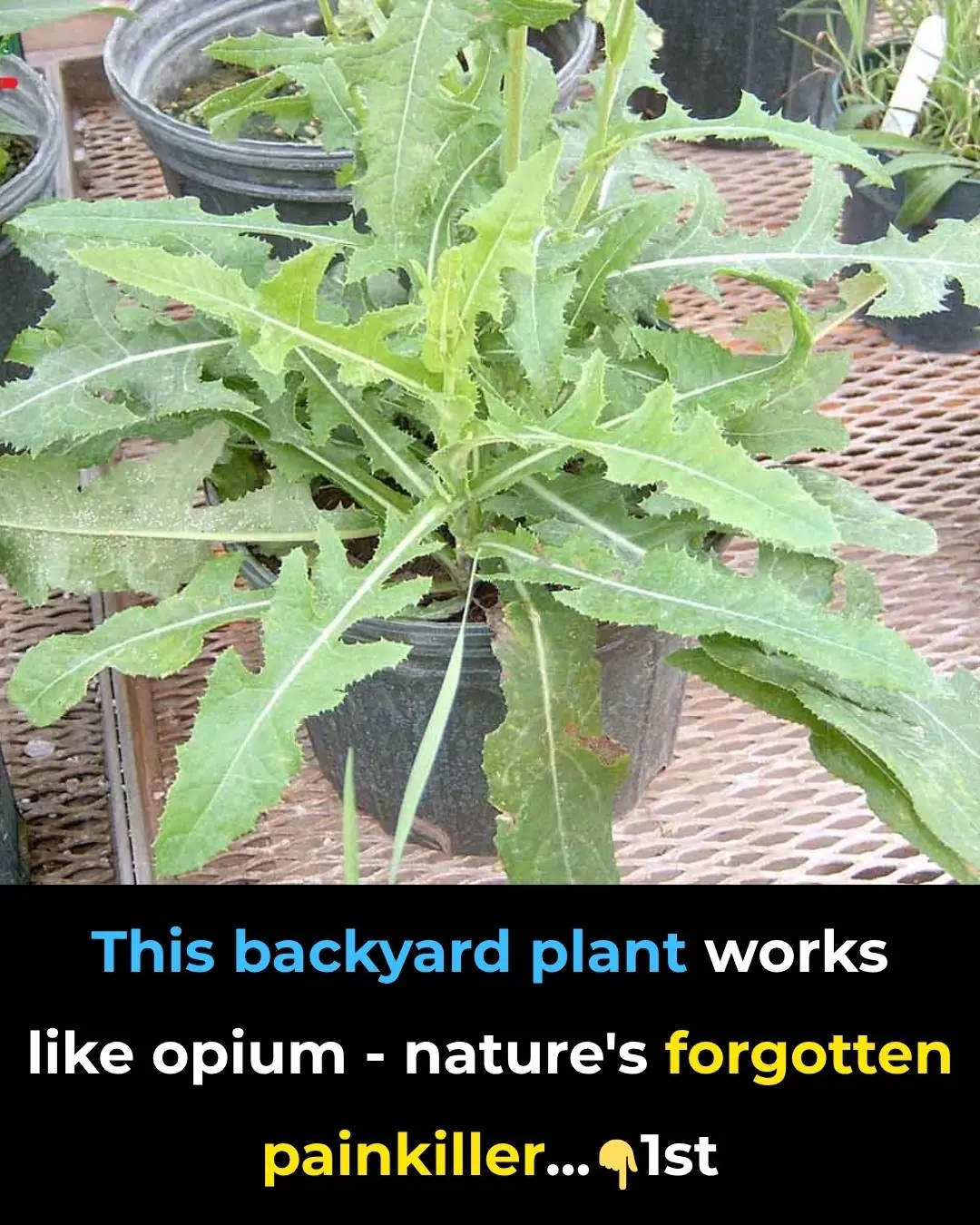
Similar To Opium: The Best Natural Painkiller That Grows In Your Backyard

World’s deadliest cancer: 8 early warning signs every older adult should know

Eat okra every day? Here’s what happens to your body!

Holy basil shown to cut stress hormone cortisol by 36% in 40 minutes

These 14 Foods Will Improve Your Kidneys’ Ability To Detox Like Never Before!

The Best Foods to Cleanse and Prevent Clogged Arteries

This Plant Is More Than Just a Kitchen Herb — It’s One of the Most Powerful on Earth

The surprising vitamin that helps break down leg clots—are you getting enough?

Why Your Hard-Boiled Eggs Have That Weird Green Ring

The shocking truth about vitamins and blood clots in your legs

Doctors Reveal That Consuming Pineapple Causes Remarkable Health Benefits

These 4 common prescription drugs may be silently damaging your nerves
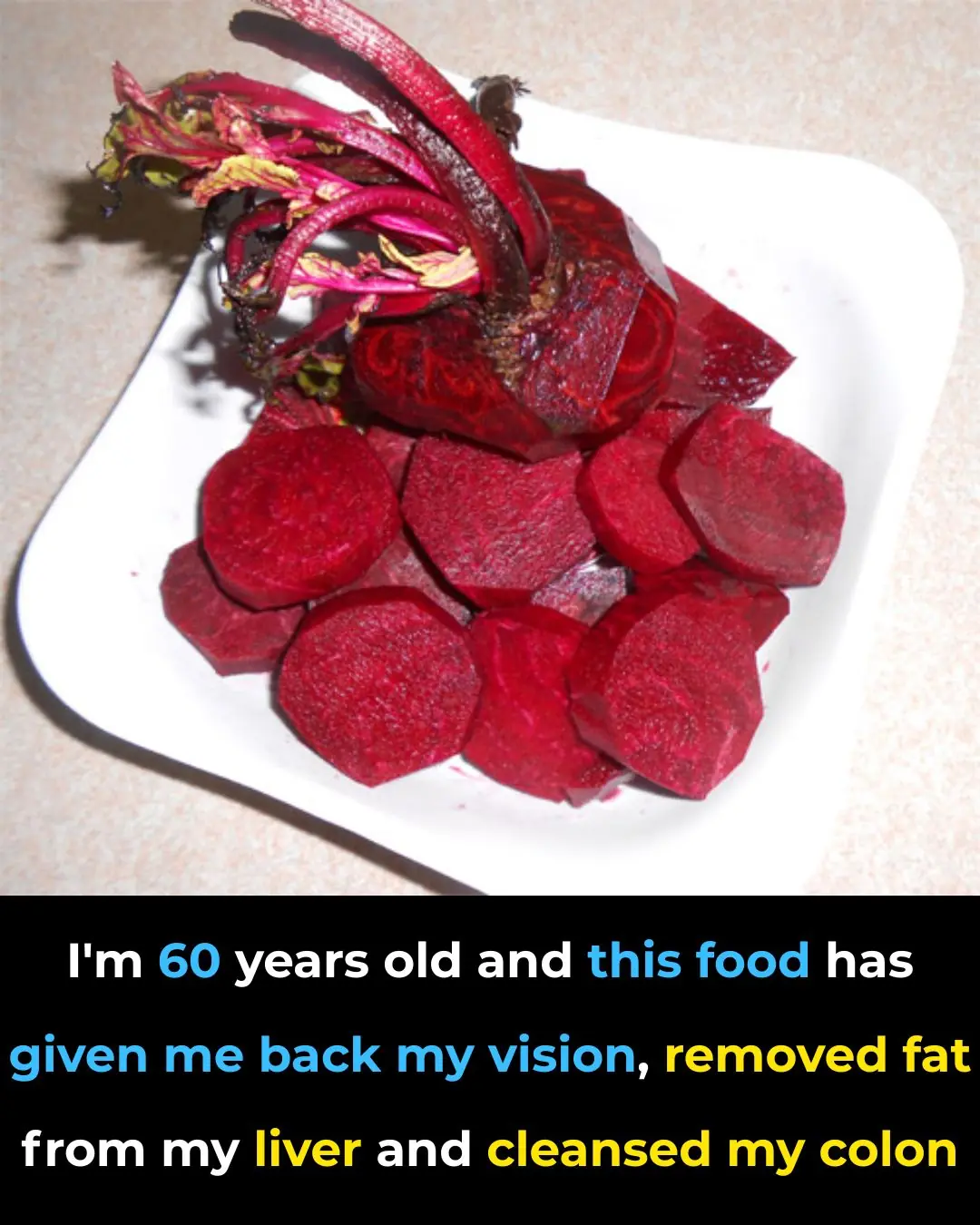
🍎 Beet & Citrus Juice: A Nutritious Drink Packed With Antioxidants (Not a ‘Cleanse’)

The #1 fastest way to reverse liver and kidney damage

Humans are still evolving, and we’re losing our teeth

Numbness Or Tingling Sensations In Your Hands

Warning: The #1 Mistake You’re Making with Canned Tuna (Avoid Mercury!)
News Post

‘Beans and Weenies in My Mansion?’: Tiny Harris Reaches Her Limit After T.I. Exposes Son King’s ‘Struggle’ Habits at Family Party

Why Did Patti LaBelle Cash In Her Entire Music Catalog? Inside the Superstar’s Royalty Deal

‘Next Child Will Be From Michael Jordan’: As Cardi B and Stefon Diggs Announce New Baby, Fans and Foes Can’t Deny She’s A Legendary Shot Caller
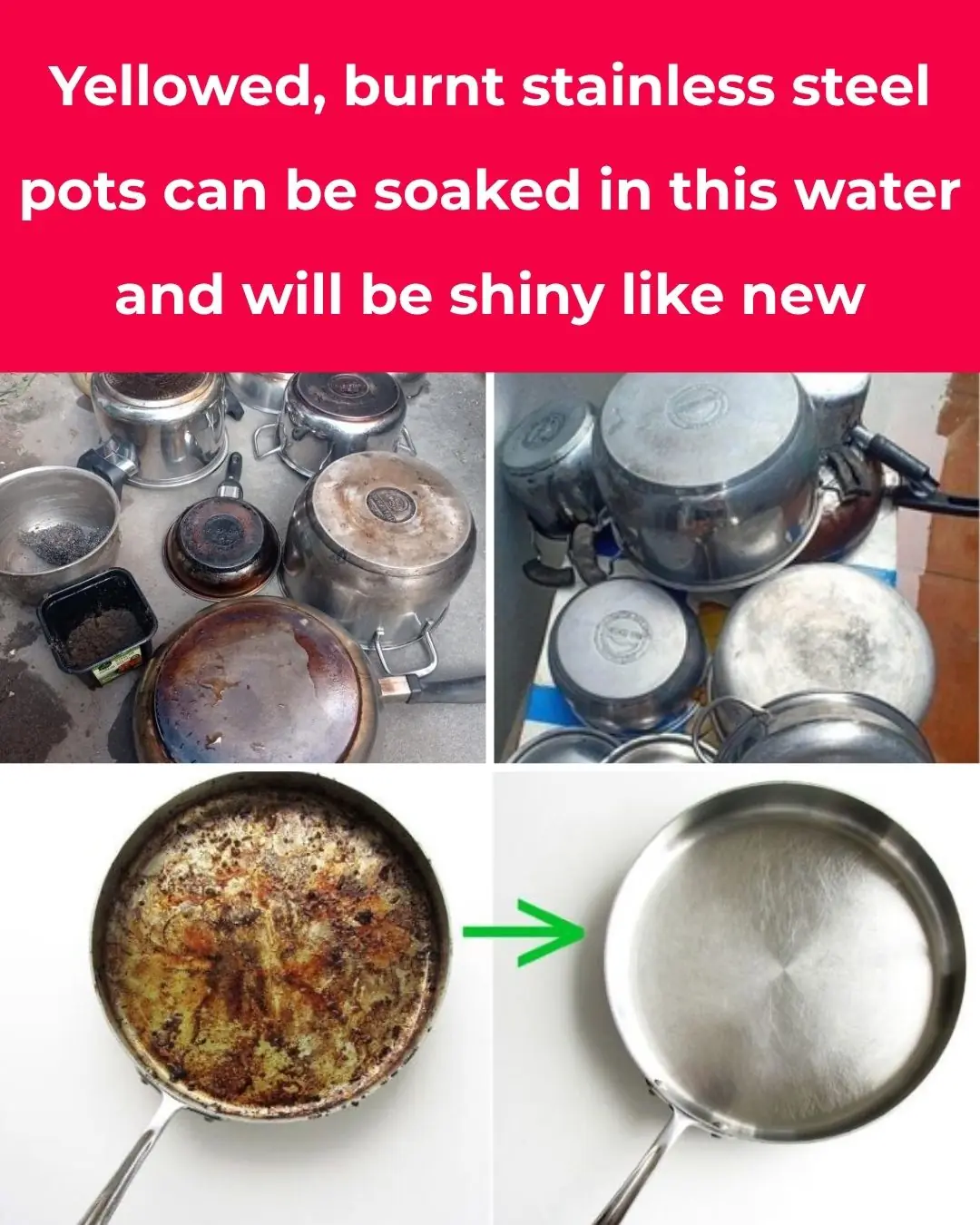
Stainless steel pots that are yellow or blackened should be soaked in this water and they will shine like new

Kelsey Grammer’s Daughter Reveals the Moment She Ran Away From Him — and the Christmas Encounter That Changed Everything

Aloe vera and vitamin E combo: From giving you glass skin to nourishing your hair like a pro

Chicken Egg, Garlic, and Honey — You’ll Thank Me for This Simple Recipe

She Fired Them for Having an Affair — Now the CEO Defends Her Decision and Sparks Chaos Online
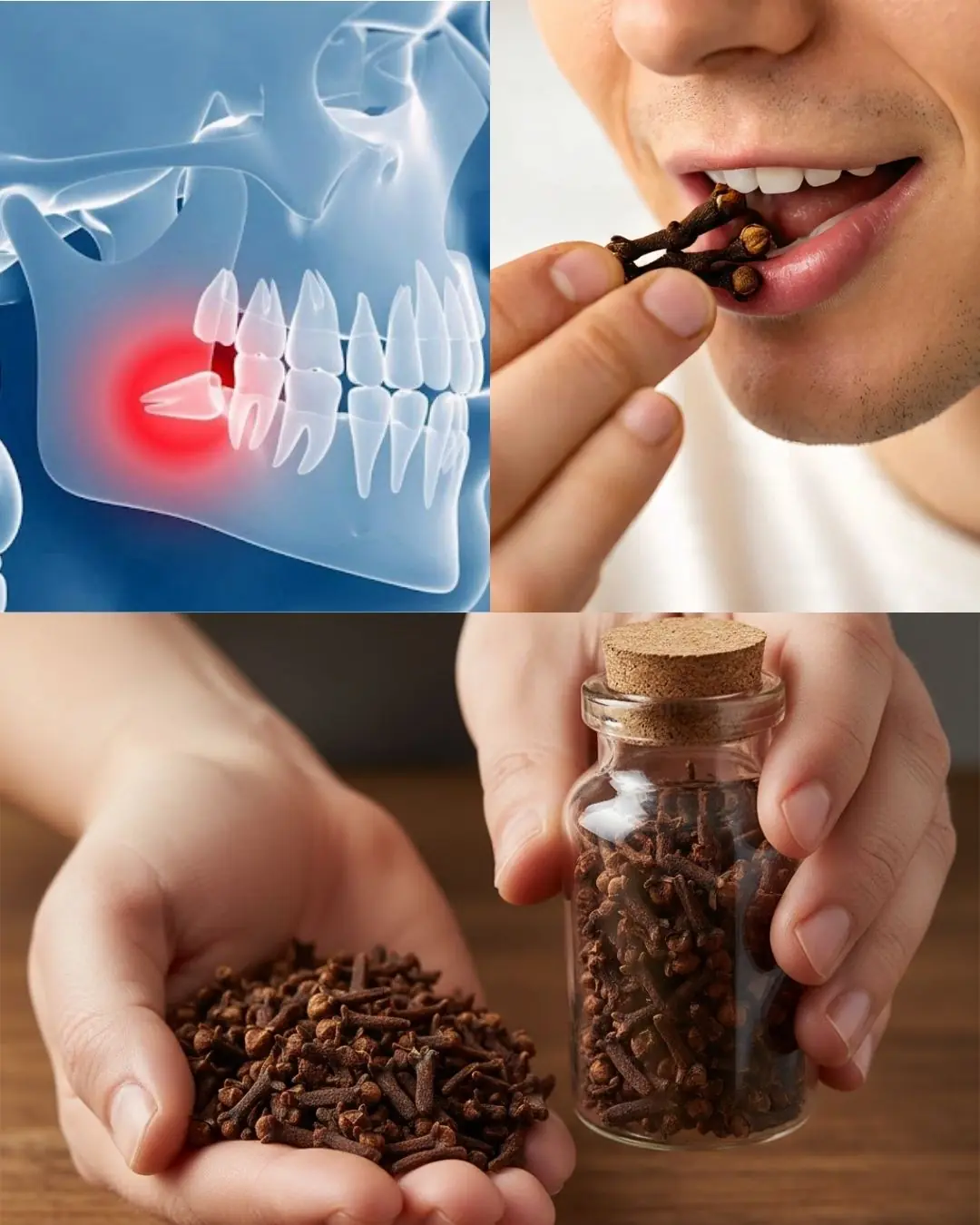
Holding Cloves in Your Mouth: A Natural Way to Relieve Toothache
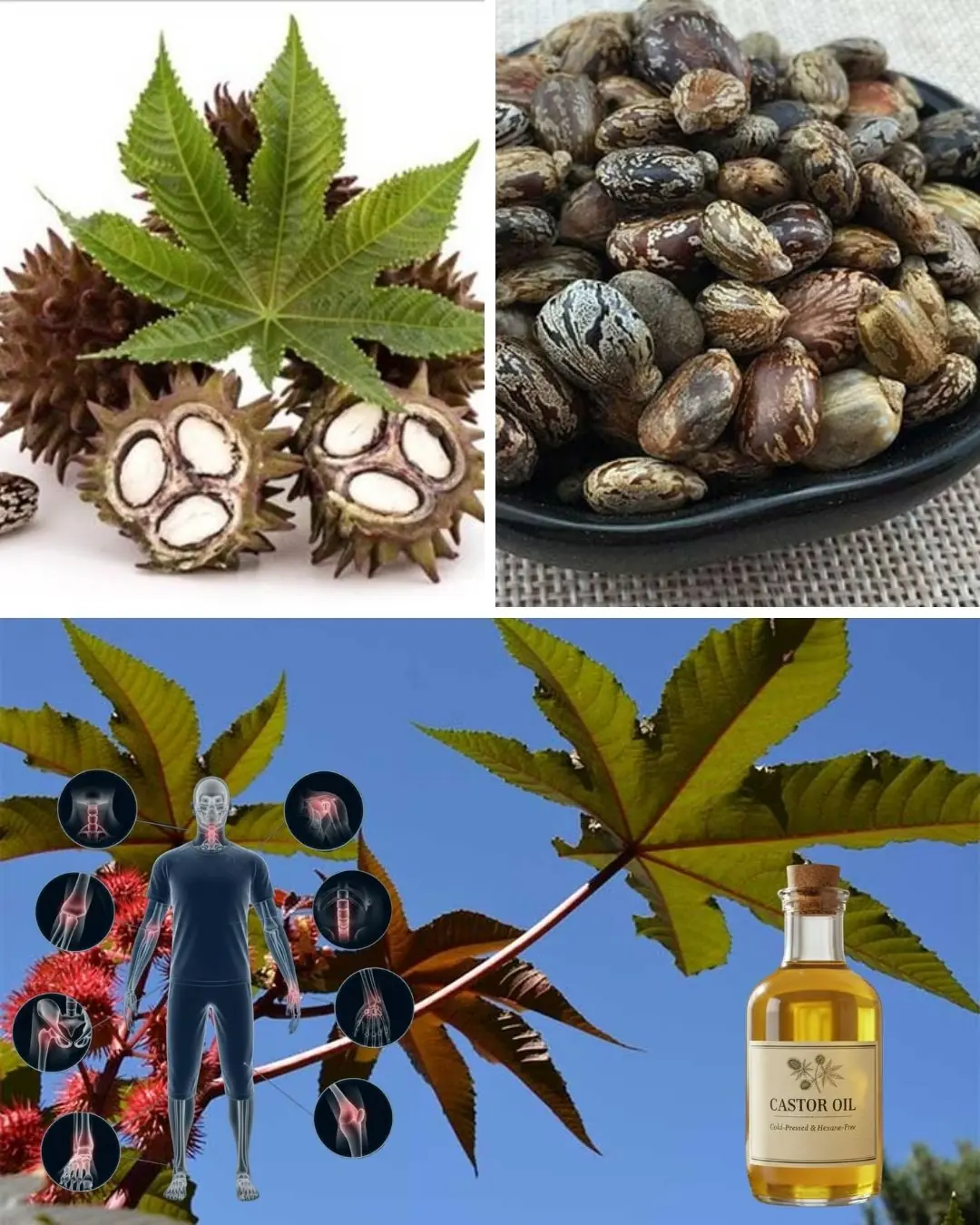
7 Benefits and Uses of Castor Oil

Prince William’s Surprise Message Leaves Sara Cox in Tears — ‘The Nation’s So Proud of You

Take just 1 a day for strong bones, pain-free joints & osteoporosis protection!

What Did George, Charlotte and Louis Make for King Charles’ Birthday? Insiders Hint at Something ‘Extra Special’

Similar To Opium: The Best Natural Painkiller That Grows In Your Backyard

Mike Tindall Frozen on the Spot: His Blunt Reaction to an Andrew Question Says Everything

Atomic Kitten star Liz McClarnon shares first pictures of miracle baby: ‘We’ve waited a long time for this’

Tom Fletcher and son Buzz’s Children in Need duet airs for first time and leaves fans in tears

Not Lewis?! Emmerdale Fans Convince Themselves They’ve Found Kev’s REAL Son
